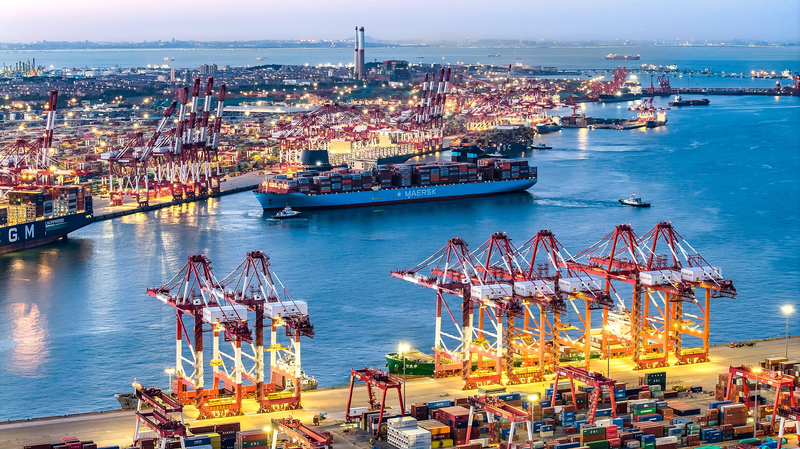The European Union is charting new territory by proposing restrictions on suppliers from the Chinese mainland in public procurement, especially in medical devices. Backed by EU member states, the plan marks the first application of the International Procurement Instrument (IPI), a regulation designed to level the playing field for procurement tenders worldwide.
First unveiled by the European Commission earlier this year, the IPI gives the EU power to restrict bidders from third countries if they encounter discriminatory barriers at home. Member states' backing means these measures could roll out as soon as next quarter, targeting suppliers of medical devices from the Chinese mainland.
The China Chamber of Commerce to the EU (CCCEU) called the move adding new complexity to bilateral trade and at odds with principles of openness and non-discrimination. The Chinese mainland's Ministry of Commerce swiftly condemned the draft as protectionist, warning it will deepen barriers in EU-China economic ties.
At the heart of the debate lies the World Trade Organization's Government Procurement Agreement (GPA). With 47 parties (including all 27 EU member states, Australia, Canada, Japan, the Republic of Korea, the United Kingdom and the United States), the GPA obliges signatories to grant equal treatment to each other's bidders. China has sought membership since 2007 and tabled its seventh market access offer in 2019, expanding commitments to new sectors.
Despite stalled negotiations over additional access commitments, companies from the Chinese mainland have still participated in (and often won) numerous EU public tenders, thanks to highly competitive bids. At the same time, Chinese legislation permits foreign businesses to compete for domestic contracts, reflecting Beijing's long-term strategy to attract outside investment.
For young entrepreneurs and tech innovators, these developments signal a shifting landscape. Startups and established players alike must navigate evolving rules, from Brussels to Beijing. As global procurement becomes more strategic, digital-savvy suppliers and procurement officers will need to track new regulations, adapt pricing strategies and invest in compliance tools.
Looking ahead, the IPI could reshape long-term market dynamics and prompt fresh negotiations on transparency and access. Whether this move will spur reciprocal measures in the Chinese mainland or lead to breakthroughs in the WTO talks remains an open question. One thing is clear: the future of public procurement is now firmly on the global stage.
Reference(s):
New restrictions for Chinese companies in EU public procurement
cgtn.com




